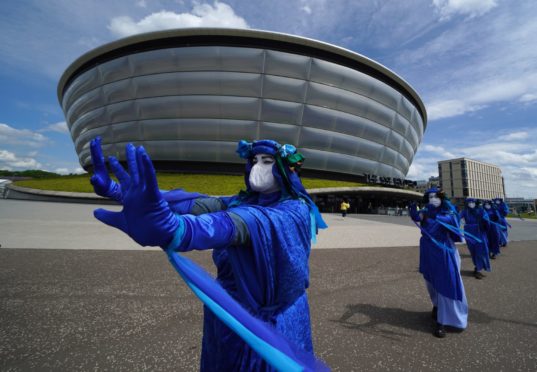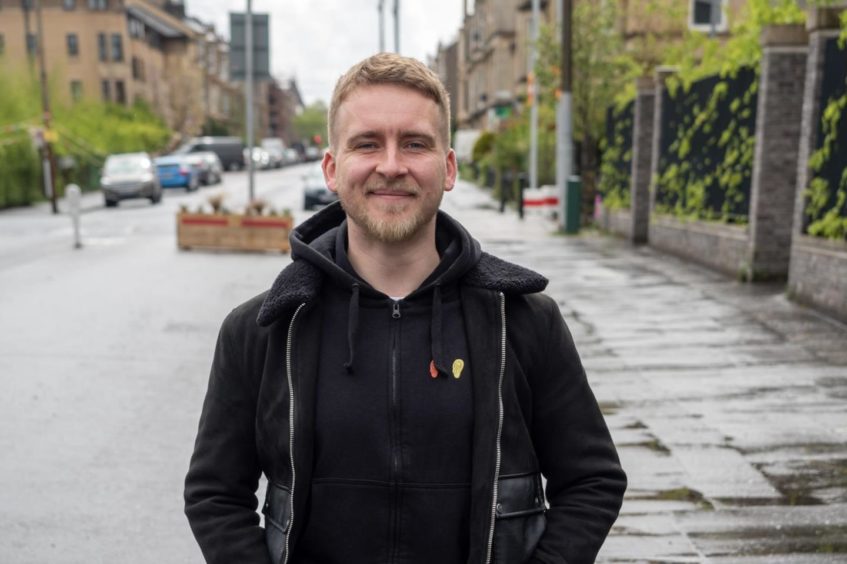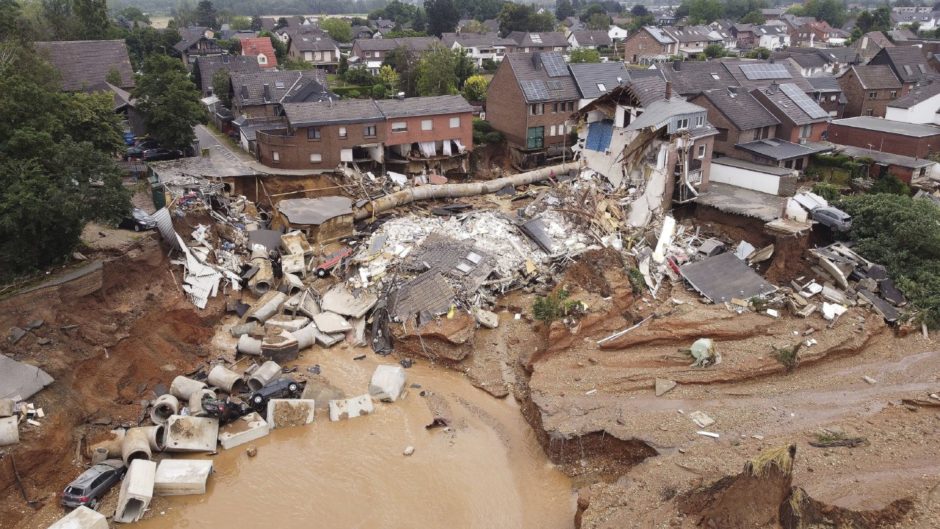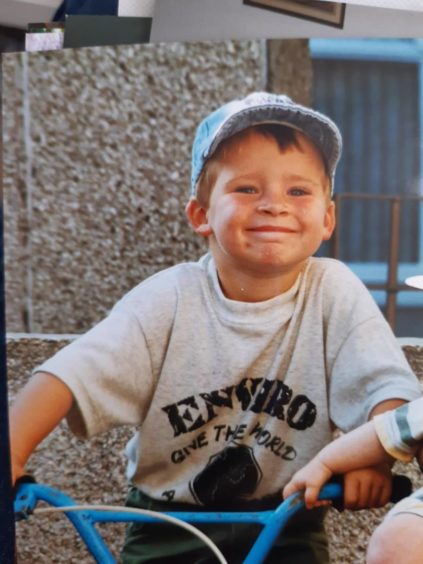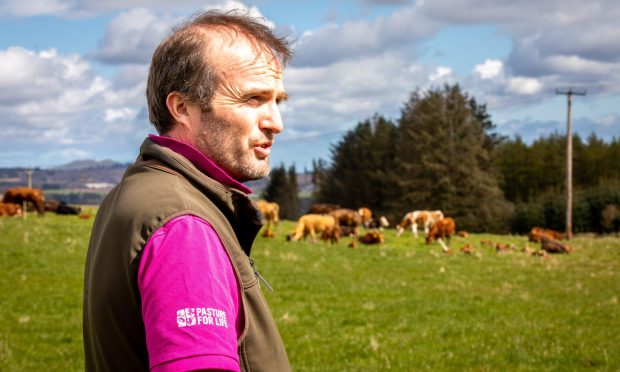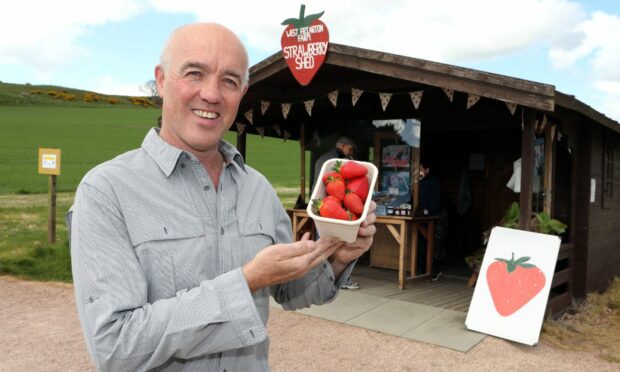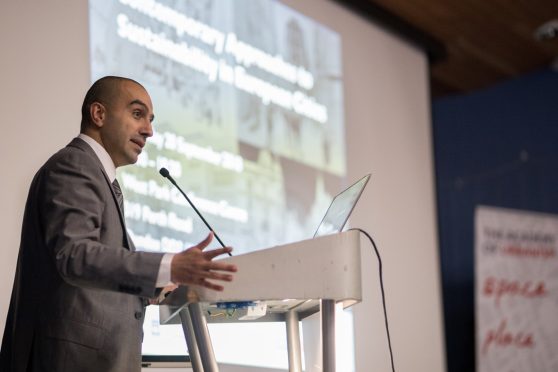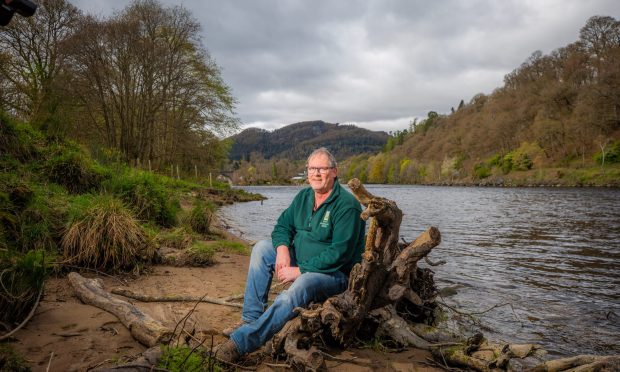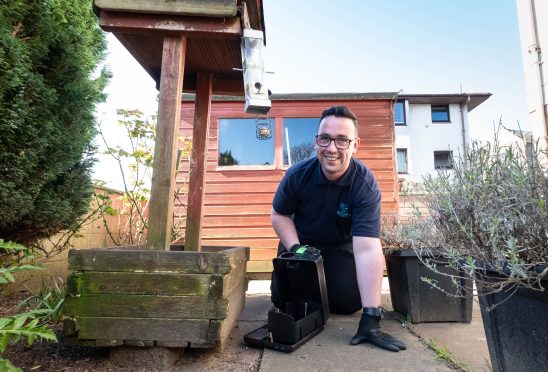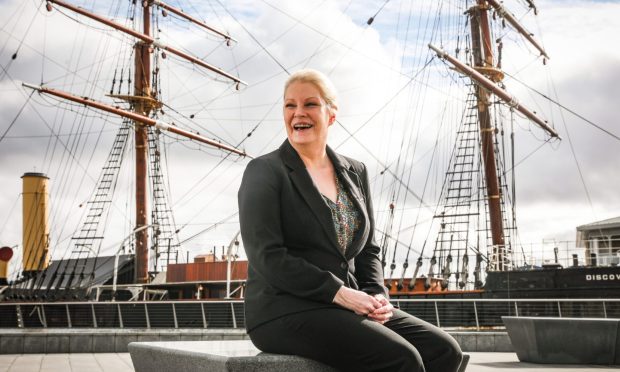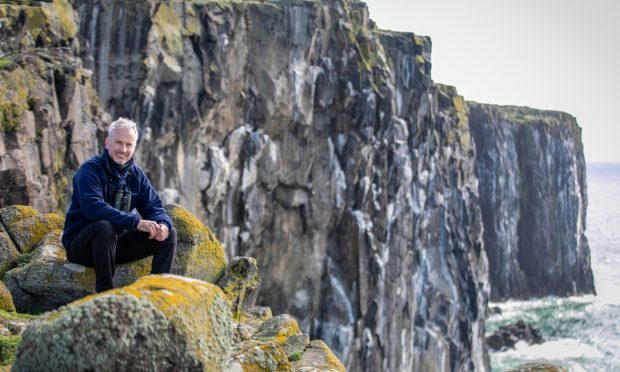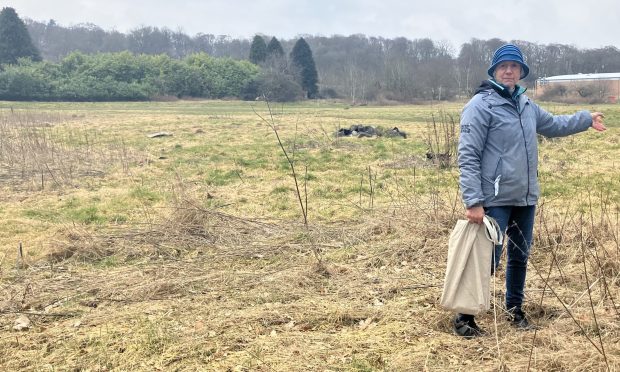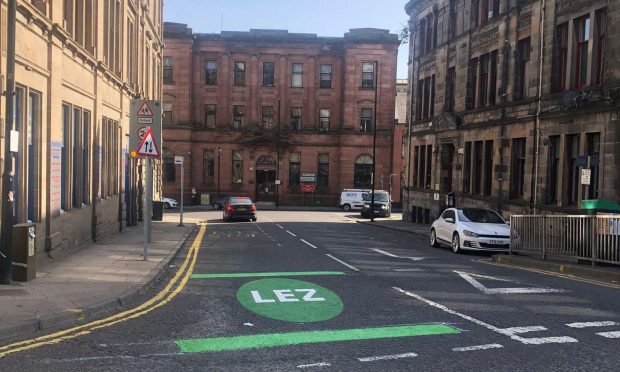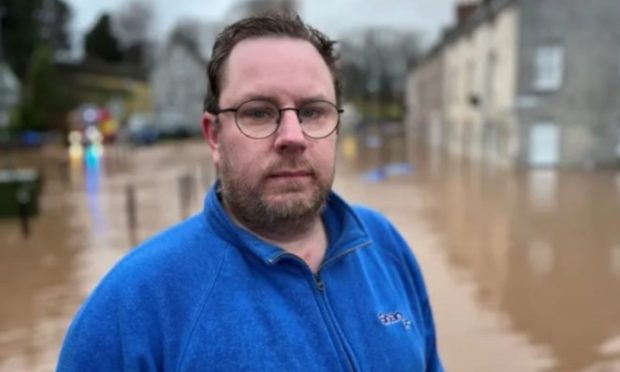Climate change wasn’t a “thing” when I was growing up in various rough and ready housing schemes in Forfar.
My mum was a nurse who trained when my brother and I were wee.
She raised us just about on her own with help from various “aunties” and family members.
By 16, I’d been turfed out of high school and by 17, I was on the brew.
Worry about the ice caps? Sorry mate, I’m down to my last tenner and not really sure what a climate is anyway.
Of course, most people these days have at least some awareness of climate change.
In the last decade especially (a decade in which I moved from being on the brew to working in climate change and energy policy), awareness has grown exponentially among the general public.
That extends to the schemes and other places we might not necessarily expect.
Climate change is everyone’s business
Climate change might not be everyone’s main priority, but we all know it is happening.
Biblical floods and record temperatures around Europe this summer will have only made that awareness more acute.
With the 26th Conference of the Parties (COP26) coming to Scotland this November awareness is growing daily.
It’s a massive historic event where leaders and policymakers and activists from around the world get together to hash out solutions to the climate emergency.
If we want to really harness this moment in Scotland, we need to do more to get people from underrepresented communities onto the COP26 main stage.
Climate change conversations in the media and in high-level spaces like COP26 are still dominated by more affluent, elite and expert voices.
Climate change as a class issue
We still think often about climate as the concern of people who can afford to worry about things like polar bears and electric vehicles.
It’s regarded as a preoccupation for middle-class luvvies and boffins who have nothing more immediately important on their plate.
But the climate emergency is not a middle-class issue. Climate change affects everyone, and working-class, lower-income and vulnerable communities most sharply.
I’ve written a thing, about being working class in the very middle class field of energy/climate, the need for more voices like mine, and how those voices can help make climate work against poverty and inequality.
I’d really appreciate if you read it x https://t.co/9FgFabhHGK
— 𝐅𝐫𝐚𝐬𝐞𝐫 𝐒𝐭𝐞𝐰𝐚𝐫𝐭 🌻 (@fraserjfstewart) March 31, 2021
Around the world – and that includes Scotland – people with the least means and least responsibility for the climate emergency are in line for its harshest impacts.
Research from Climate Ready Clyde recently showed 140,000 of the lowest-income households in Glasgow are most at risk from health issues associated with extreme temperatures.
These homes are least equipped to deal with those temperatures. That means they are also at-risk of higher energy bills, and most at risk of flooding too.
When we consider the rest of Scotland, the real number is far higher. Yet these are the people least represented in the current climate conversation; people from schemes like the one I grew up in.
This lack of representation means people are also missing out in the climate change policies we design.
Much of the vast benefits from things like Scotland’s huge renewable potential and subsidies for tech, such as household solar panels or electric vehicles, still flow predominantly into corporate pockets and higher-income households.
Changing our energy supply and transport and housing and industry and jobs can’t happen fairly without everyone having a seat at the table
That makes their lack of representation a major problem.
The climate emergency affects everyone – lower-income and working-class communities most acutely – and the solutions we design will affect everyone too.
Changing our energy supply and transport and housing and industry and jobs and just about everything in between can’t happen fairly without everyone having a seat at the table.
COP26 gives us a perfect opportunity to pull out a chair and spotlight the perspectives of people from all walks of life.
COP26 provides that platform
The eyes of the world will be on Scotland, with everyone from Joe Biden to Greta Thunberg in attendance (virtually, at least) to see the work we’re doing to lead the charge against climate change.
We will set international targets and start the ball rolling on big solutions that will define most of our lives in some way or another for decades to come.
And we can’t leave it exclusively to that same old insulated bubble of the privileged and already converted.
Of course I would love to attend the Glasgow #COP26
But not unless everyone can take part on the same terms. Right now many countries are vaccinating healthy young people, often at the expense of risk groups and front line workers (mainly from global south, as usual…).
Thread-> https://t.co/pr1u7TeZxn— Greta Thunberg (@GretaThunberg) April 9, 2021
The Scottish Government has made repeated commitments to a “just” transition, to ensure we leave nobody behind as we transition to a net zero society.
To achieve this, it’s not enough to throw up a few wind turbines and put our feet up.
We have to lead on the “just” part, too.
And that ultimately means bringing along more people from those communities who aren’t currently getting a say.
We need more people from all kinds of backgrounds to see themselves in the conversation on climate change and to have their voices heard at the very highest level at COP26.
We need them to feel like this is their fight, because it is.
If we want to achieve a truly just transition, it has to be.
Fraser Stewart is an Applied Public Policy Researcher at the University of Strathclyde, making clean energy and climate change work actively against poverty and inequality.
